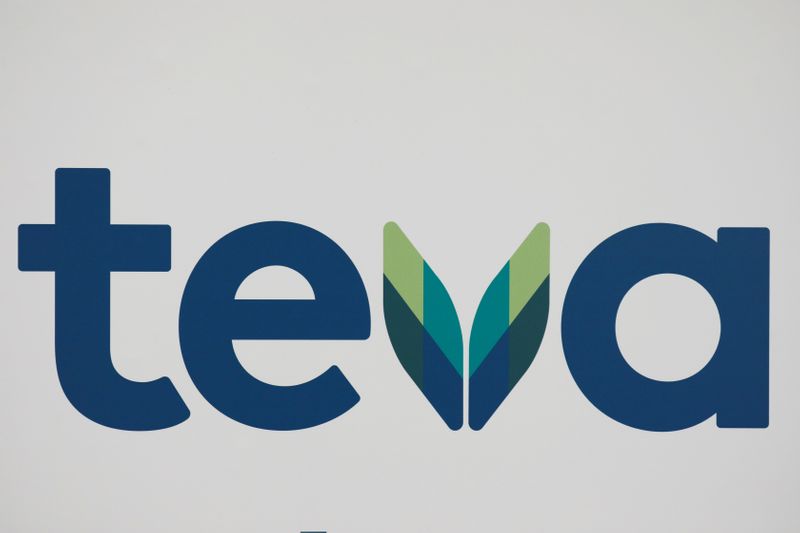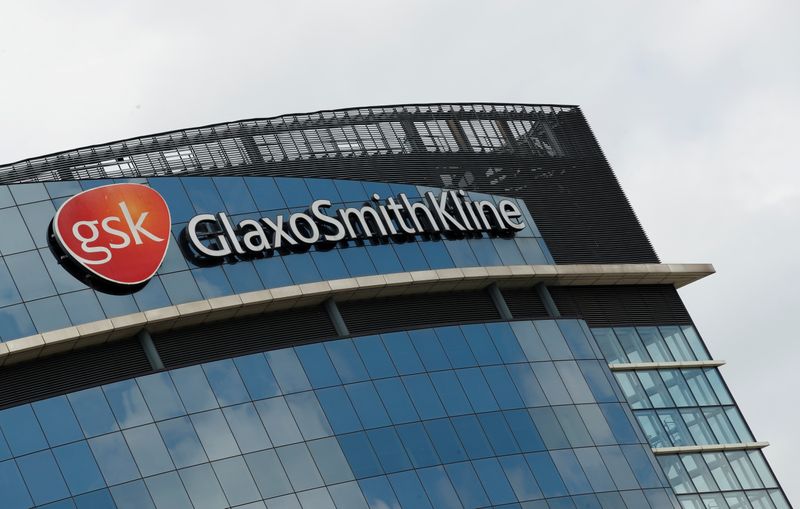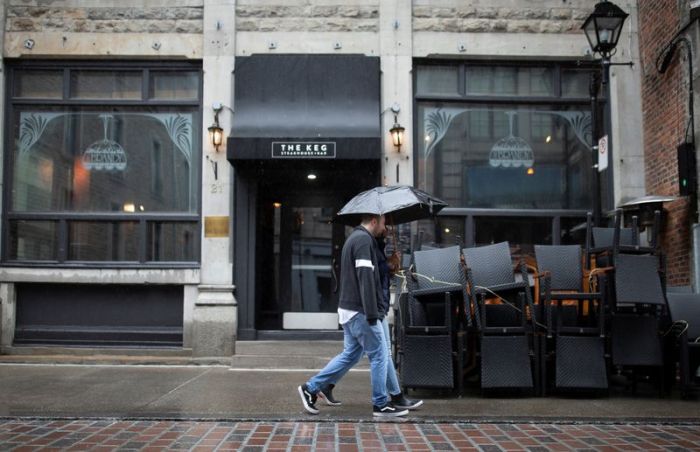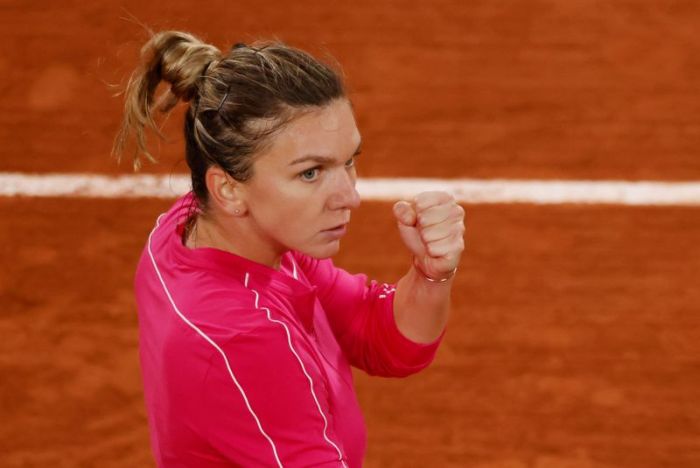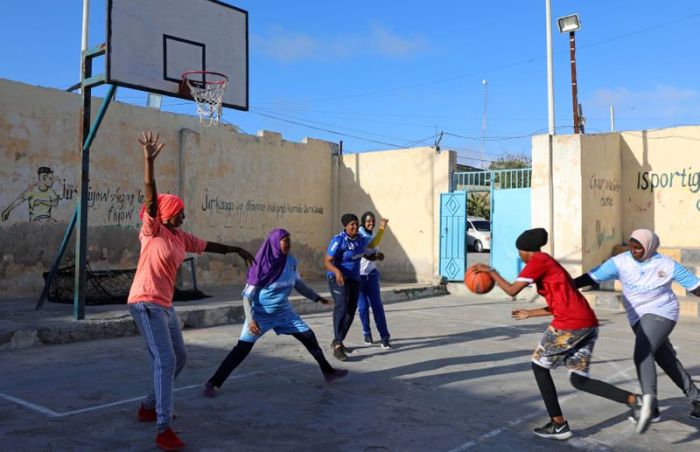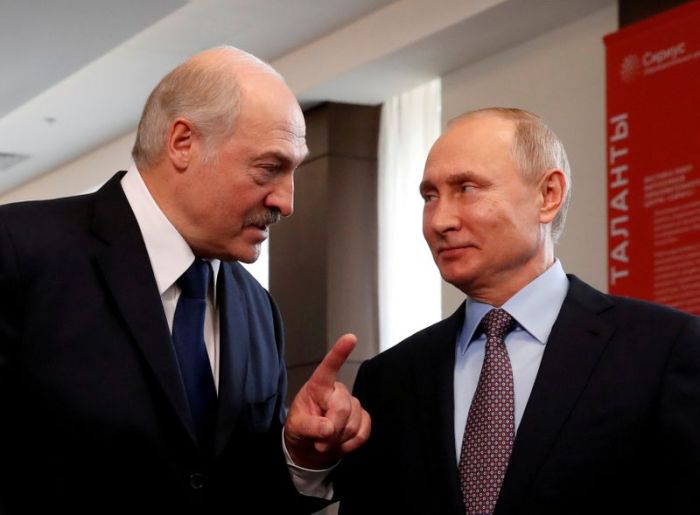(Reuters) – A federal appeals court on Friday reinstated a 2017 jury verdict ordering Teva Pharmaceutical Industries Ltd to pay GlaxoSmithKline Plc $235.5 million for selling a generic version of Glaxo’s heart drug Coreg.
In a 2-1 decision, the U.S. Federal Circuit Court of Appeals in Washington, D.C. found “substantial evidence” that Teva induced doctors to prescribe its generic tablets to treat medical conditions covered by a Glaxo patent.
Teva said it was “disappointed with the outcome,” plans to appeal and introduce additional defenses and neither infringed nor induced doctors to infringe Glaxo’s patent. Glaxo said it was pleased with the decision.
Glaxo had won U.S. approval to market Coreg, whose chemical name is carvedilol, to treat hypertension, left ventricular dysfunction after a heart attack and congestive heart failure.
The case arose after Teva began selling a Coreg generic in 2007 with “skinny” labels indicating treatment for the first two conditions, and was required by the Food and Drug Administration to add congestive heart failure to the labels in 2011.
Glaxo, whose patent expired in 2015, sued Teva, and a Delaware jury ordered the Israeli drugmaker to pay $234.1 million for lost profit plus $1.4 million in royalties.
U.S. District Judge Leonard Stark overturned the verdict, saying other factors could have caused doctors to prescribe generic Coreg, including for congestive heart failure.
But in Friday’s decision, Circuit Judge Pauline Newman said promotional materials, press releases, product catalogs, the FDA labels and witness testimony supported the verdict for Teva’s “induced infringement” of Glaxo’s patent.
Chief Judge Sharon Prost dissented, citing Congress’ desire for efficient procedures to help low-cost generic drugs enter the marketplace.
“The majority’s holding undermines this purpose by creating infringement liability for any generic entering the market with a skinny label, and by permitting infringement liability for a broader label that itself did not actually cause any direct infringement,” she wrote.
The case is GlaxoSmithKline LLC et al v Teva Pharmaceuticals USA Inc, U.S. Federal Circuit Court of Appeals, Nos. 2018-1976, 2018-2023.
(Reporting by Jonathan Stempel in New York; Editing by Chizu Nomiyama, Matthew Lewis and Cynthia Osterman)

